In the next few days, the Fourth Republic will be 25 years. In the same vein, President Asiwaju Bola Ahmed Tinubu will be one year in office and APC will mark its nine years as a ruling party in Nigeria. The indisputable reality is that it is difficult for any rational thinking Nigerian to celebrate where we are today as a nation. If anything, our experience in the last 25 years re-echoed Amartya Sen’s warning in the book Development as Freedom when he cautioned that ‘Democracy does not serve as an automatic remedy of ailment as quinine works to remedy malaria. The opportunity it opens up has to be positively grabbed in order to achieve the desired effect. This is, of course, a basic feature of freedoms in general – much depends on how freedoms are actually exercised.’
Interestingly, Amartya Sen’s book was first published in 1999, the very year Nigeria’s Fourth Republic was inaugurated. Although many Nigerians read the book and admired his deep intellectual insight, and foresight, but the cautionary note about the prospect or potentials of democracy to cure societal ailments was simply overlooked. Perhaps, in 1999, when Nigerians welcome democracy with very high expectations, most citizens, across the nation were more absorbed by the relief of having to bid goodbye to military rule. Having spent close to fifteen years uninterrupted and more than thirty years of our life as an independent nation at the receiving end of successive military governments, with the attendant consequences of loss of freedoms, helplessly reduced to being distant observers of poor management of Nigeria’s resources, the expectation was that democratic dispensation will change all that.
Join our WhatsApp ChannelUnfortunately, here we are, twenty-five years after, welfare condition of Nigerians is unarguably worse. Unemployment and poverty incidences have increased. Poor management of national resources has continued so much so that crisis of insecurity and threat to human lives is the new normal. Worse part of it is that we have elected governments, virtually at all levels performing worse than military rulers. Although theories of democracy and politics have unquestionably proven that elected leaders will be more accountable, twenty-five years of democratic rule in Nigeria is yet to produce leaders that are predisposed to accommodating the interests of citizens. Instead, we keep moving almost in the opposite direction to whatever could be estimated as the interest of Nigerians, no matter how narrowly defined. Is it that Nigeria’s democracy is yet to open the expected opportunity? Or is it that majority of Nigerians are unable to ‘positively grab’ the opportunity, which democracy presents? What is the opportunity, which democracy presents?
These are fundamental questions, which we must interrogate to be able to come to terms with our Nigerian reality and perhaps develop creative initiatives on how to exercise the freedoms that comes with democracy based on which the opportunities it presents can be ‘positively grabbed in order to achieve the desired effect’ of resolving our national challenges. First, while interrogating this issue, I want to affirm my membership of the All Progressives Congress (APC) and recognise that the last nine years disappointingly dashed the expectations of Nigerians. I make this admission as someone who is committed to progressive politics based on the conviction that the first thing that qualifies anyone to be a progressive is the capacity to recognise challenges based on the correct assessment of realities. Correct assessment of reality is about honest criticism and taking responsibility. It is not about rationalising choices or denial of challenges and realities.
When leaders of opposition parties in the country successfully merged in July 2013, the expectations of Nigerians were that APC will produce more responsive leaders both in terms of the ability to undertake honest criticisms as well as take responsibility in a direction that pulls the nation out of its development challenges. Without going into details, these are unanswerable expectations, which are today sources of frustration for Nigerians with both the APC, as a party, the leaders it has produced, and democracy as a political system. The heartbreaking reality is that anytime some glimmer of political hope presents itself, even when supported by popular votes, it turns out to be moonlighting, basically a case of being stuck with illusive politics. APC is one glimmer of political hope, which emerged in 2013, elected as the ruling party since 2015, but emerging, so far, as another moonlighting phenomenon.
Being a party founded with the vision of becoming a progressive party, it has crashed below whatever a political party represents, not to talk of being progressive. As it is today, its leadership doesn’t obey its own constitution, it doesn’t hold meetings and it is accountable to no one. Since 2015, when the party was elected as a ruling party, with former President Muhammadu Buhari inaugurated as President of the Federal Republic, the manifesto of the party has been virtually abandon and leaders of the party have little or no say in the management of governments it produced at all levels. Processes of appointments into government and policy decisions have been made prerogative of the President at the national level and Governors at state levels. Like under military rule when citizens were reduced to distant observers, under the APC, party leaders and members have also become distant observers.
Because leaders of the APC are not obeying the rules of the party, we have produced several electoral disasters whereby the courts have to intervene to nullify electoral victories of the party. These are issues bordering on culture of impunity in the process of candidates’ selection. A situation, which invariably forsaken the commitment of the party to change Nigerian politics, instead further entrenched politics of godfatherism with the attendant consequences of widespread rigging of elections. So far, culture of impunity is pervasive in APC. A glimmer of hope that the party may overcome the culture of impunity emerged when ahead of the 2023 elections, President Asiwaju Tinubu led the struggle against the imposition of a so-called consensus Presidential candidate.
The emergence of President Asiwaju Tinubu as the Presidential candidate of the APC for the 2023 election rekindled the hope of many party leaders and members about the possibility of returning the APC to its founding vision and engendering progressive governance in the country. After one year in office, the government of President Asiwaju Tinubu has turned out to be another experience replicating reality of illusive politics, which has reduced citizens, party leaders and members to being distant observers. Painfully, against every expectation that President Asiwaju Tinubu will reignite the Lagos success story at the national level, his government is more and more creating doubts in the minds of Nigerians about the prospect of resolving the country’s challenges with incidences of policy missteps and reversals.
As a result, crisis of insecurity has remained. Problems of inflation, unemployment and poverty are on the increase. Politically, the APC has continued to follow the track of being disrespectful to its own rules so much so that we have shamelessly produced a serving Governor who is using his immunity to block law enforcement officials from undertaking their responsibility to investigate corruption allegations against his predecessor. The bigger disappointment is the troubling reality whereby political mercenaries who fought against President Asiwaju Tinubu’s election during the 2023 elections are now his strongest allies with free access and party loyalists who campaigned and stood by him have been denied access and are being held in contempt.
To make matters worse, illusive politics would appear to have been adopted with the emergence of Dr. Abdullahi Umar Ganduje as the National Chairman of the APC. So far, since his emergence, he basically confirmed all the fears against him. He has managed or mismanaged the affairs of the APC blindly without respect for the provisions of the party’s constitution. Almost ten months since his emergence, with the possible exemption of the National Working Committee (NWC), no meeting of any organ of the party at the national level has taken place. With elections in Edo and Ondo States coming up, the risk of reproducing another electoral disaster is high if the party fails to convene appropriate meetings of organs such as the National Executive Committee (NEC) to ratify some of the decisions taken by NWC, which were outside its mandate.
The other reality is whether the tenure of President Asiwaju Tinubu will continue moving in the path of illusive politics based on which Nigerians, inclusive of APC leaders and members, will remain distant observers, unable to influence decisions and directions of the President Asiwaju Tinubu’s government. As things are, the body language of President Asiwaju Tinubu is disrespectful and contemptuous to many party leaders and members, especially those who are outspoken and critical of his decisions. So long as this remains the case, the prospect of returning APC to its founding vision and engendering progressive governance will be weak. The inability to return APC to its founding vision and failure to engender progressive governance could mean the inability to positively grab the opportunity, that democracy presents. This could also mean that the crisis of insecurity, unemployment, poverty, etc. could remain with us and become worse.
READ ALSO: Re-thinking Nigeria: Beyond Myths, Illusions And Selt-deceit
Given all these danger signals, it is important that APC leaders and members who are truly committed to developing Nigerian democracy based on progressive principles take up the challenge of organising themselves to reverse the current decline towards illusive politics in the country. Achieving that will require APC leaders and members who are truly committed to progressive politics to demand immediate reform of both the party and all governments at all levels controlled by the APC. To mainstream the reform so that it conforms with the statutory requirement of reviving the structures of the party and enabling them to affirm the supremacy of the party, processes of consultations to re-organise the leadership of the party so that respected party leaders with unblemished records of integrity emerge.
Certainly, persons like Dr. Ganduje with all the many controversies around him vested with the responsibility of leading the party makes nonsense of all the sacrifices made by party leaders to ensure a successful merger and the defeat of PDP in 2015. A clear message therefore must be sent to President Asiwaju Tinubu that as much as, being party leaders and members, we are committed to supporting his leadership and just like we have worked hard to produce the victory of 2023, which crowned him the victory of becoming the President of the Federal Republic of Nigeria, under no circumstances must he take for granted our support and the support of Nigerians. We must, in strong terms, remind President Asiwaju Tinubu about the power of possibility, which in fact was the main propelling factor that made the merger negotiation that produced the APC in 2013 successful. It was also the propelling factor that made the electoral victory of 2015 possible.
In fact, more than anything, it was the same factors that made the defeat of the so-called consensus Presidential candidate possible. The point must be made that on no account must any leader of APC, including President Asiwaju Tinubu, be allowed to live with the illusive reasoning that Nigerians will continue to tolerate a situation whereby their hopes and aspirations are constantly being dashed by political leaders. If the hallmark of the tenure of former President Buhari is the trauma of dashed hopes for citizens, we must, as Nigerian citizens and as committed progressive politicians wake up and remedy the ugly and despicable experience of illusive politics. After one year in office, the unmistaken message must be conveyed to President Asiwaju Tinubu and by extension all APC leaders that the democratic future of Nigeria is not negotiable.
Just like Nigerians were able confront military rulers and PDP leaders when they trampled on the rights and freedoms of citizens, if APC leaders tow the same path, it is incumbent on all true progressives and patriots to organise themselves and arrest any further drift towards illusive politics. However, first thing first, the message must be communicated in unmistaken terms that President Asiwaju Tinubu should come clean and truly demonstrate that he is indeed both a democrat and a progressive politician by initiating deeper political reforms of both the APC and all governments controlled by the APC at all levels. If truly President Asiwaju Tinubu is a democrat and a progressive politician, the current lawless disposition of APC leaders must be ended. Also, inattentive conduct of President Asiwaju Tinubu, which holds APC leaders and members in contempt must change.
Failure of APC and its leadership since the time of former President Buhari to meet the expectations of Nigerians by delivering on our campaign promises has debase our democracy and made a mockery of all the gains we have made as a nation. It is not enough to change leaders. Once change of leaders doesn’t come with an increased capacity to respond to national challenges, the value of democracy will be questionable. As patriots who fought for democracy, we have the responsibility to continue to engage our leaders to ensure that our democracy opens the ‘opportunity’ which should ‘be positively grabbed in order to achieve the desired effect’ of improving the lives of citizens. Anything short of that is unacceptable and is not the democracy Nigerians want. Our democracy must serve as remedy for all our societal ailments!
Salihu Moh. Lukman, a former APC National Working Committee (NWC) writes from Kaduna

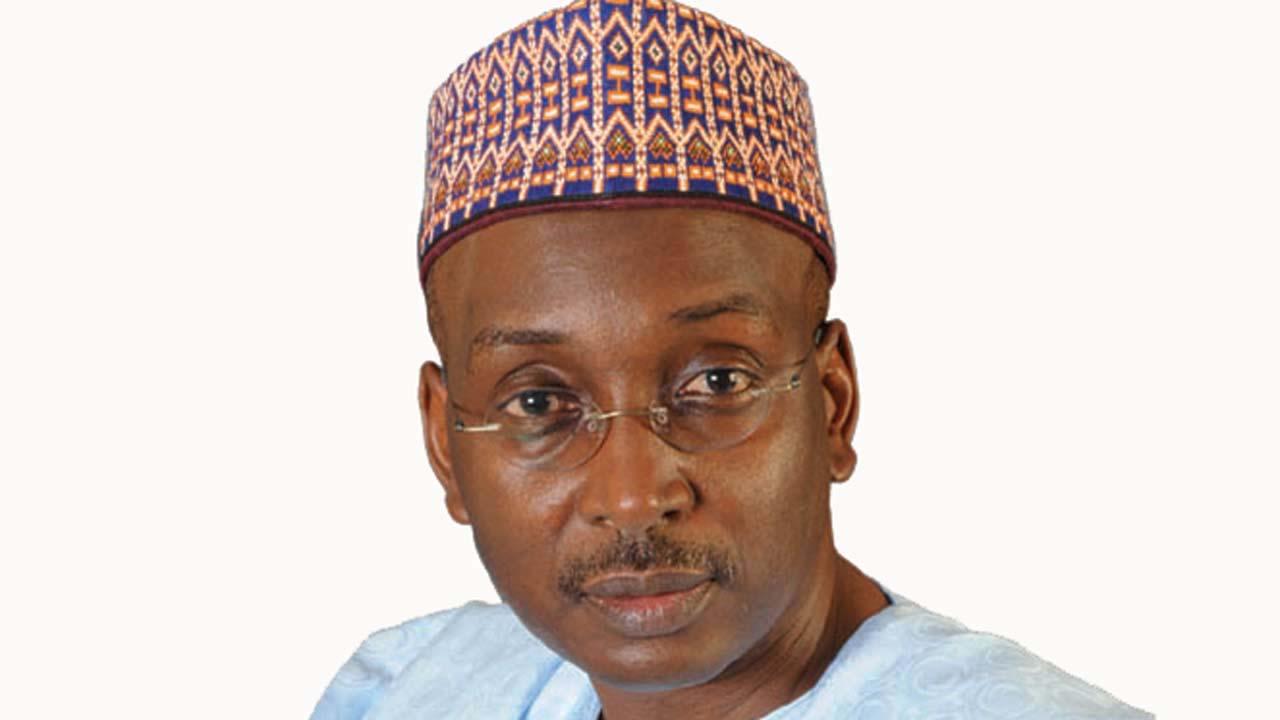



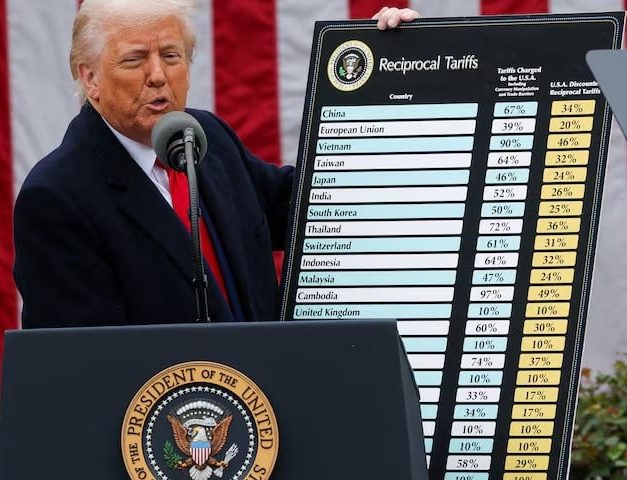









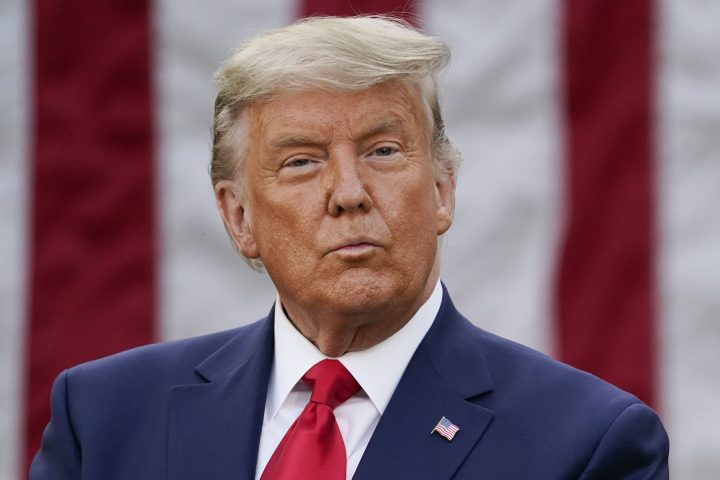
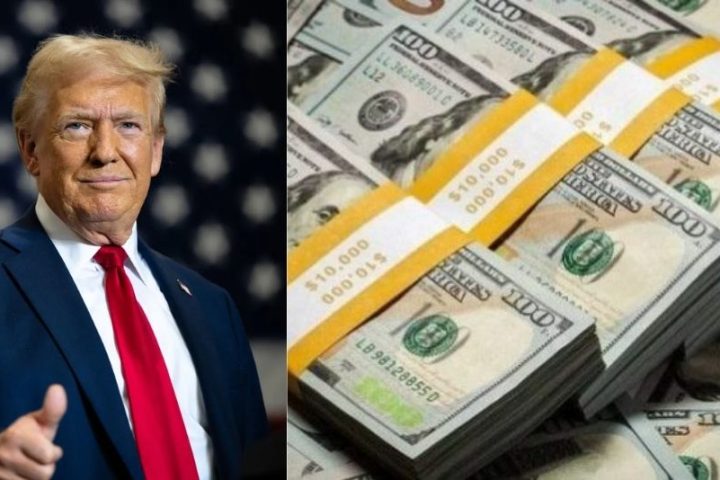
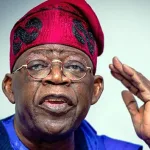
Follow Us